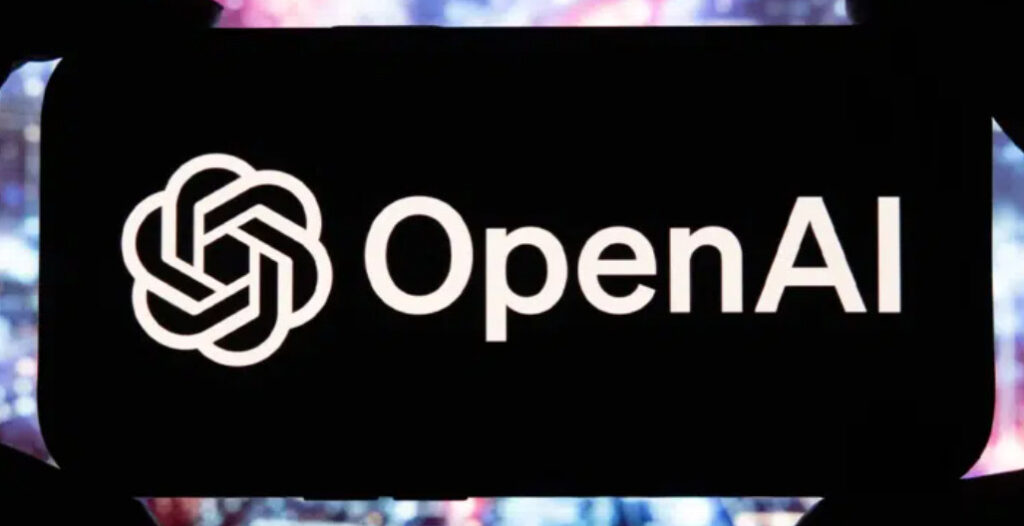Nonprofit Arm Expands to Focus on Healthcare, Education, and Science
OpenAI, the organization behind the widely used AI tool ChatGPT, has announced plans to restructure its operations to address mounting legal and financial challenges. The move aims to balance the organization’s nonprofit and for-profit objectives while reinforcing its commitment to public benefit initiatives.

In a December 27 blog post, OpenAI disclosed that it is exploring a transition of its for-profit arm into a Delaware Public Benefit Corporation (PBC). This legal structure requires companies to prioritize public welfare alongside financial gains, ensuring greater accountability and transparency in decision-making. OpenAI asserts that this transformation will enable it to secure funding responsibly while staying true to its mission of advancing AI for societal benefit.
Simultaneously, OpenAI’s nonprofit division will expand its work in critical areas such as healthcare, education, and scientific research. To achieve this, the organization plans to hire a dedicated leadership team, enhancing its capacity to deliver impactful charitable initiatives without compromising innovation.
Legal Disputes Emerge
The restructuring follows escalating legal controversies involving high-profile figures. Tesla CEO Elon Musk, a co-founder of OpenAI, filed a lawsuit on November 30, 2024, against the organization’s leadership, including CEO Sam Altman. Musk alleges that Altman and others violated the terms of his foundational contributions to the nonprofit, accusing them of manipulating his humanitarian concerns about AI to co-found the company.
In a related statement, Musk criticized OpenAI for establishing its for-profit division in 2019, describing it as a betrayal of the nonprofit’s original mission. OpenAI defended the move in a March blog post, emphasizing that it was a necessary step to raise the immense computational resources required to develop advanced AI models. Musk later launched his own AI venture, xAI, and accused OpenAI of engaging in “anti-competitive” practices.
Broader Implications for AI and Decentralized Technologies
The restructuring has sparked broader debates about the future role of AI within decentralized communities. J.D. Seraphine, CEO of blockchain firm Raiinmaker, predicts that AI agents will play an increasingly significant role in these ecosystems, citing advancements in ChatGPT-based technologies. Financial firm VanEck forecasts that over one million AI agents will operate on blockchain networks by 2025.
Criticism of OpenAI’s evolution into a for-profit enterprise has also come from other quarters. In October, David Sacks, a Musk ally and prospective “White House AI and Crypto Czar,” accused the organization of abandoning its philanthropic roots in favor of aggressive profit-seeking behavior.
As OpenAI navigates these challenges, its proposed restructuring reflects an effort to align its operations with its founding principles while addressing the growing demand for ethical AI solutions.










